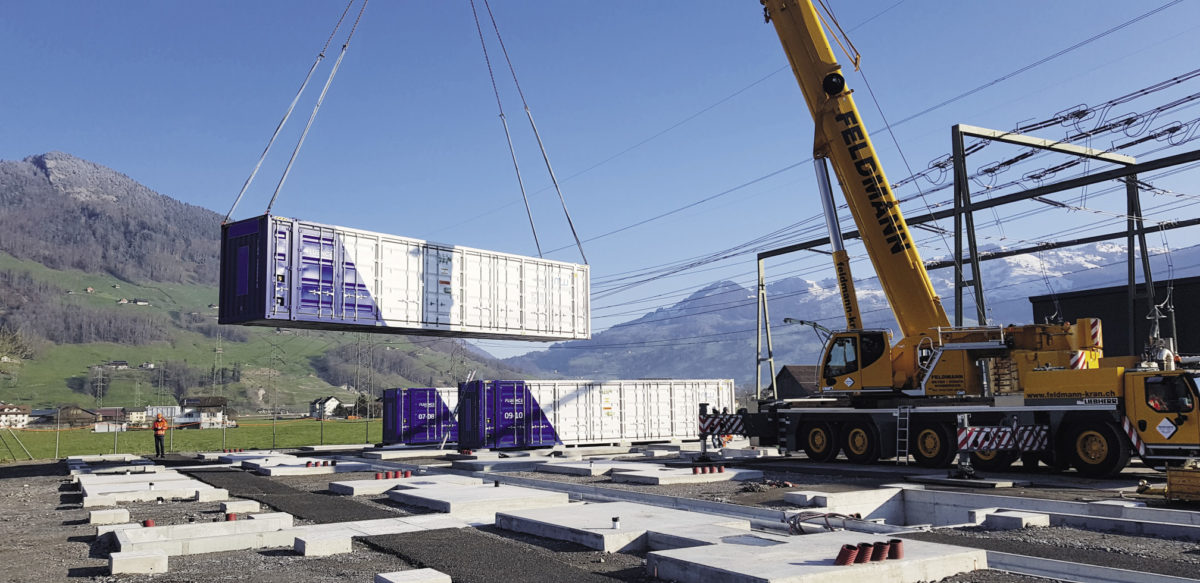The government of Bangladesh is redrafting its Power System Master Plan only two years after its preparation.
However, environmentalists and economists alike are aghast at a proposed new focus on using natural gas to reduce the nation's dependence on coal power.
The national strategy drawn up in 2018, which prioritized coal-fired generation, was based on electricity demand estimates which have since proved too high because of the impact of Covid-19 on power consumption.
The subsequent reduction in demand offers the chance of a greener alternative, according to Khondaker Golam Moazzem, from Bangladeshi thinktank the Centre for Policy Dialogue (CPD).
More of the same
The “government’s initiative is not targeting the clean energy based power generation by abandoning coal,” Moazzem told pv magazine, “and that replacing [of] coal by LNG [liquefied natural gas] in power generation will be just shifting from using one form of fossil fuel to another form.”
There is no need for a ‘dash for gas,' said Moazzem, thanks to the changing nature of power demand. He added: “In the post Covid-19 era, the power demand will be revised downward since the projection … made [was] inflated. So we are in [a] flexible position to make our energy mix environment-friendly.”
With the CPD stating renewable energy generation costs had already fallen below those of fossil fuel-fired power, Moazzem said the lands allocated for the development of coal-fired power stations since the latest national strategy was drawn up could host 6.3 GW of clean energy facilities.
“Gradually the storage system for renewable electricity will improve and already it [has] reached … four to six hours,” added Moazzem. “Besides, the efficiency level of solar panels is improving significantly, which will help less land use for high electricity production.”
There are dissenting voices, however, which cite the continued high cost of the energy storage facilities needed to even out the intermittent nature of solar and wind generation and the lack of available land in Bangladesh.
Atiq Rahman, executive director of the Bangladesh Centre for Advanced Studies, said he advocates for renewables because he is an environmentalist but fears they will not be able to meet the nation's power needs.
“The storage capacity is a big problem for renewable energy and it’s very expensive,” he said, adding factories cannot be powered by clean energy at night until the storage issue is addressed. “Renewables have limitations as technology is moving very slowly,” he said.
The land issue was raised by Mohammad Tamim, a professor at the Bangladesh University of Engineering and Technology. “We have almost no uncultivable land,” he said, “so generating 20,000 to 25,000 megawatts [of] energy with renewables has no possibility at all.” To support his claim that panel efficiency levels need to rise significantly to make PV projects feasible in Bangladesh, Tamim said 350 acres was currently required for 100 MW of solar generation capacity.
Lack of space
The professor claimed only a handful of renewables projects approved years back with generous feed-in tariffs of $0.08-0.16/kWh had taken shape, because of land shortages. “Setting up [an] evacuation line is also another problem for renewable power,” he said, adding renewables would be able to supply a maximum of 2-2.5 GW of the national power mix, based on present technology.
Tamim pointed out natural gas, while still a polluting fossil fuel, emitted around 2.5 times less carbon emissions than coal and was therefore the only option for the new national energy strategy.
With clean energy facilities supplying only around 648 MW of Bangladesh's power generation capacity, the government target of 10% of the generation mix by next year appears increasingly unrealistic.
This copy was amended on 16/09/20 to reflect the tariffs quoted above by Mohammad Tamim, awarded to historic solar projects, were in the range of $0.08-0.16/kWh, not $0.16-0.80/kWh, as previously stated.
This content is protected by copyright and may not be reused. If you want to cooperate with us and would like to reuse some of our content, please contact: editors@pv-magazine.com.



Haven’t they heard of agrivoltaics?
The storage problem is less tractable – if you assume autarky is needed for energy security. There is limitless pumped hydro storage potential in the Indian Himalayas to the north, but Bangladeshi politicians may reasonably be wary of giving someone like Modi an off switch for the country’s power supply.